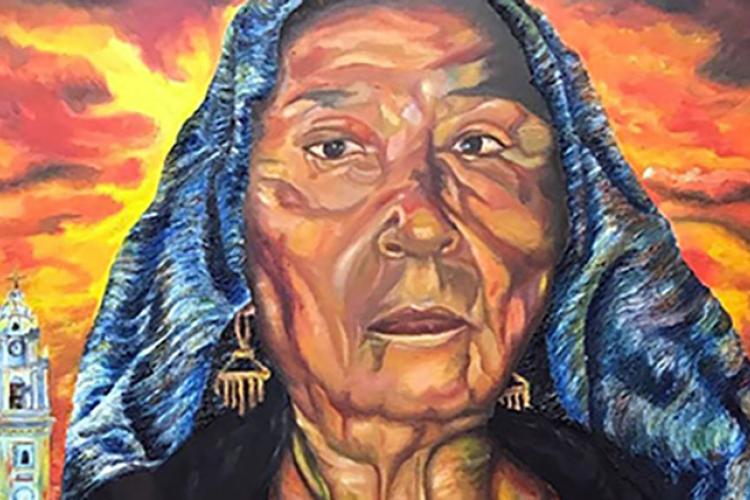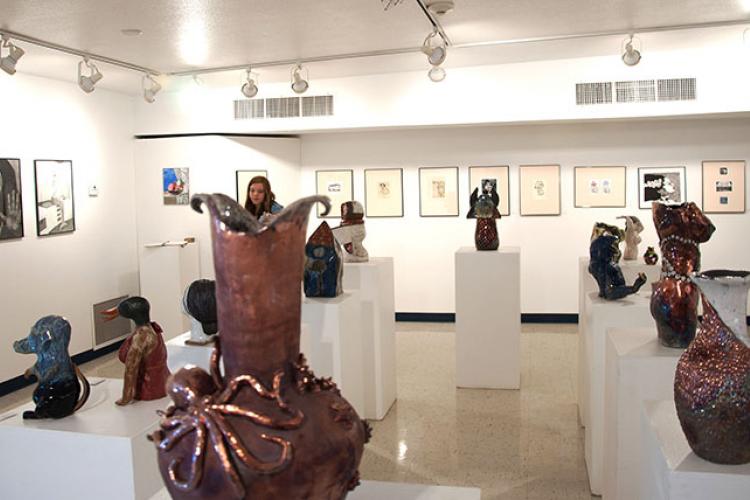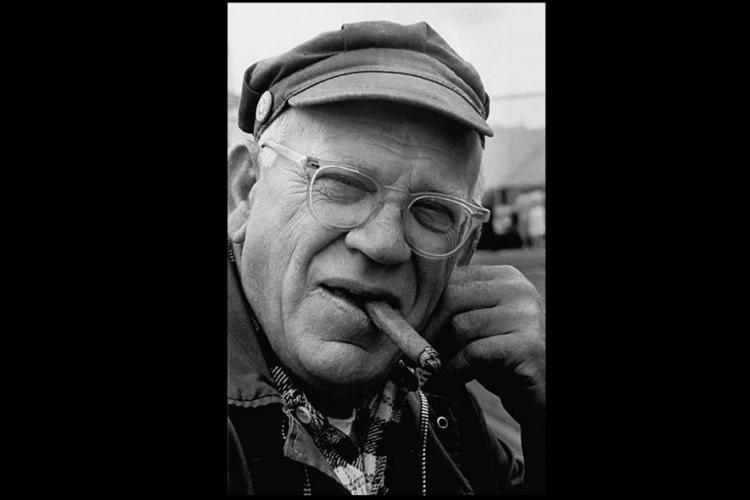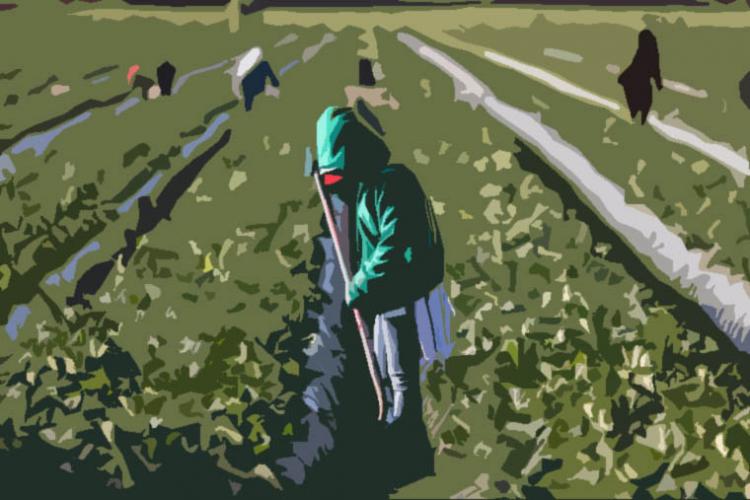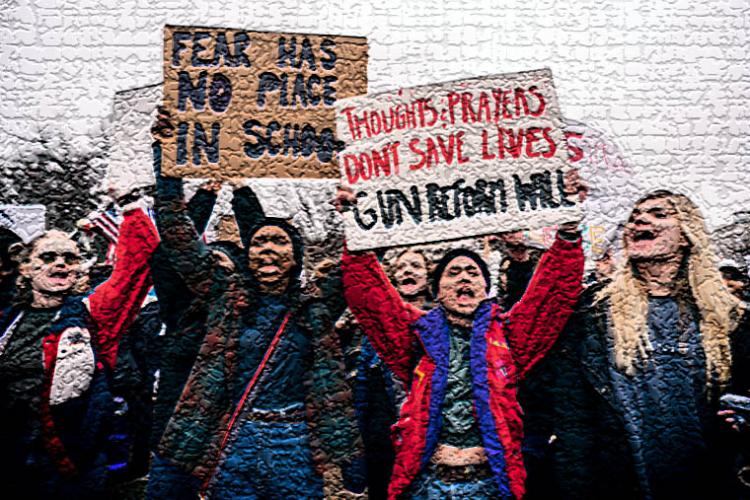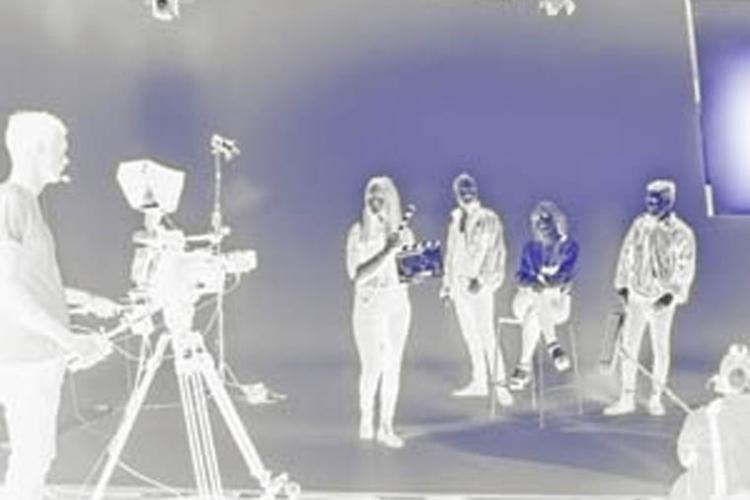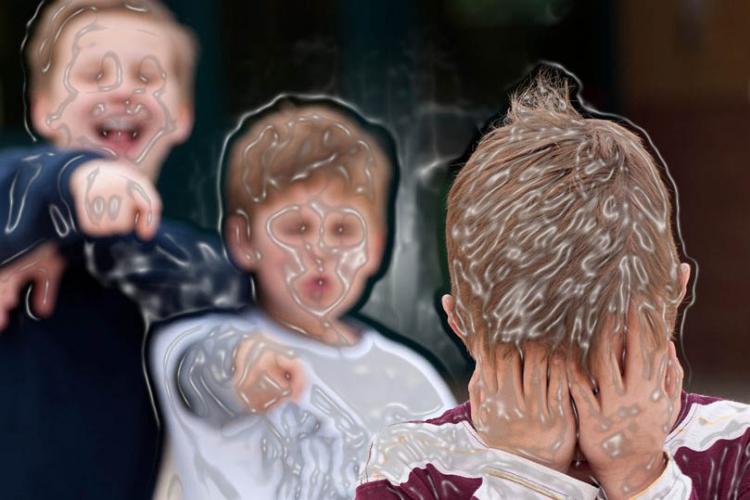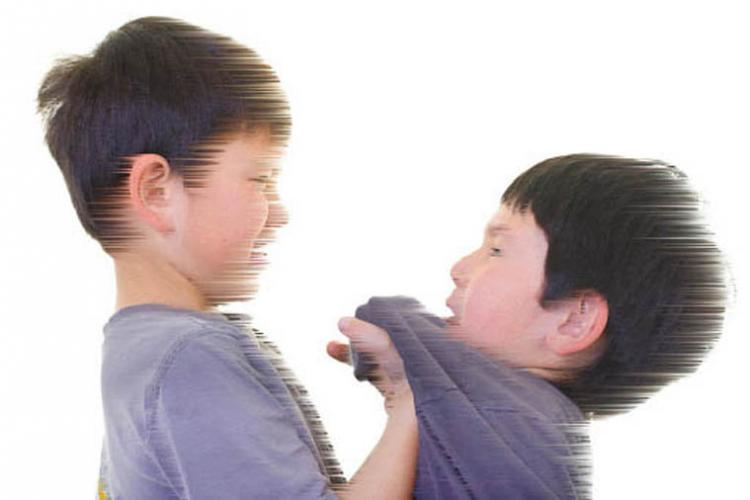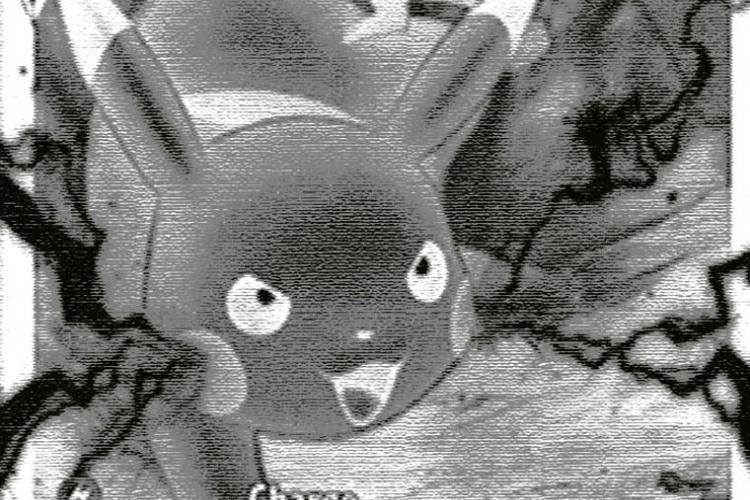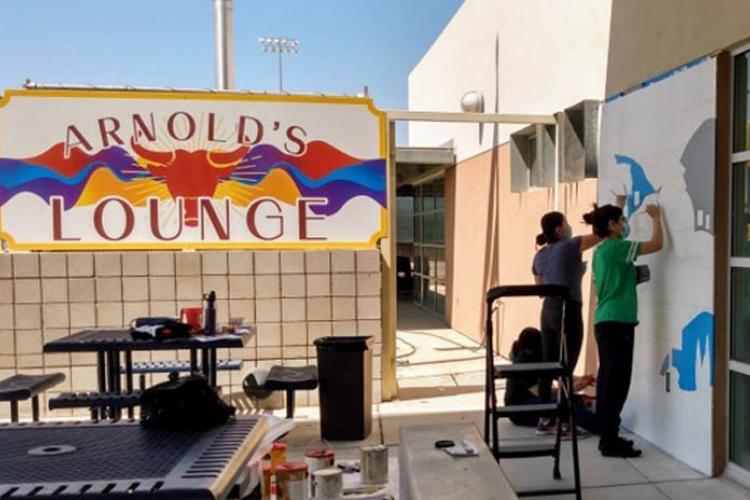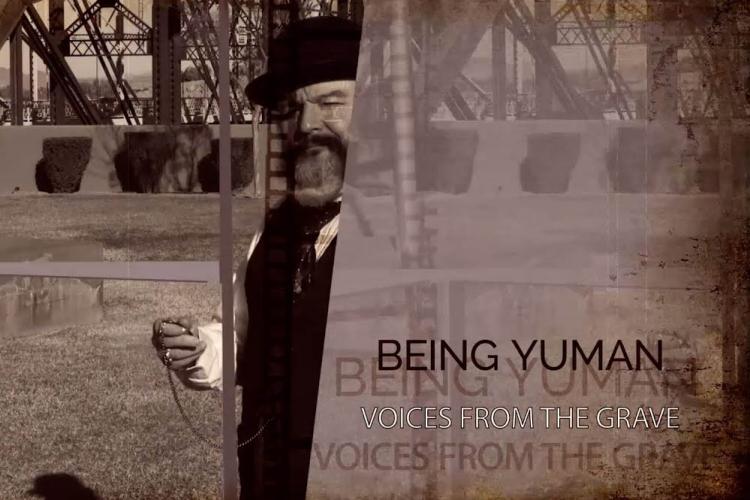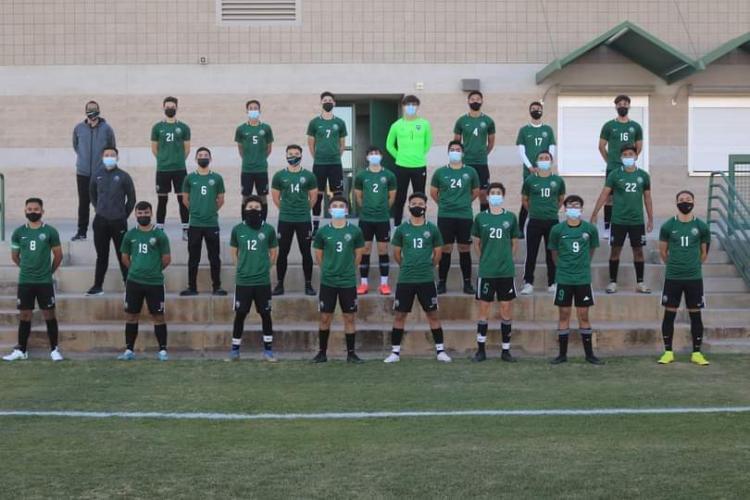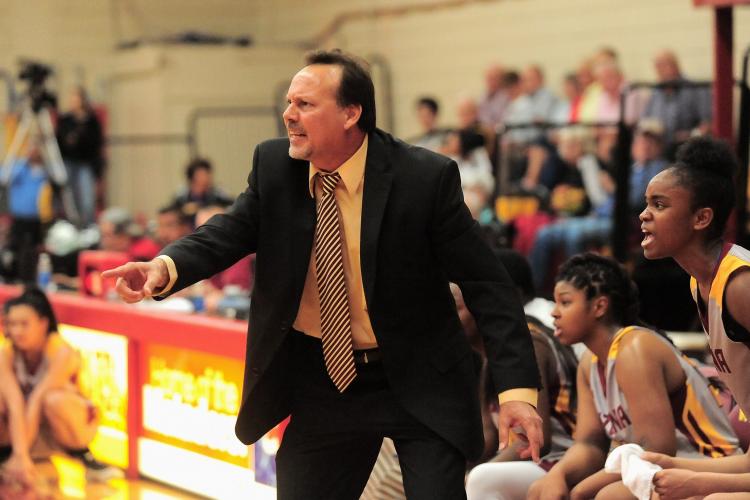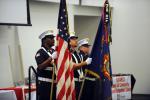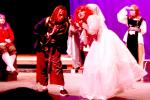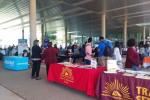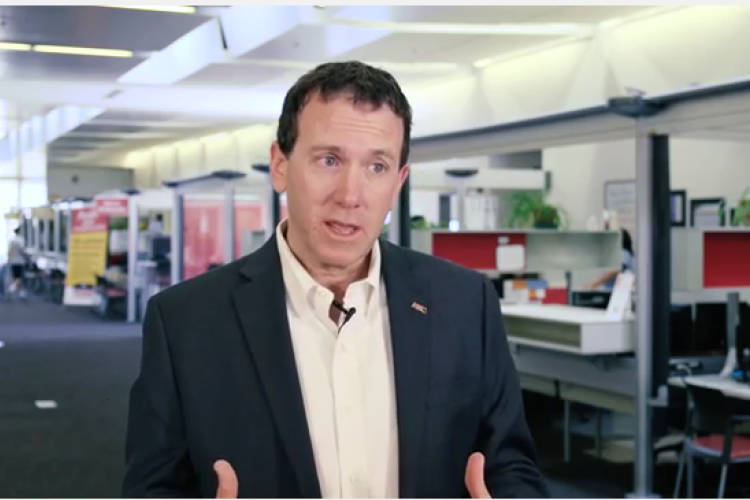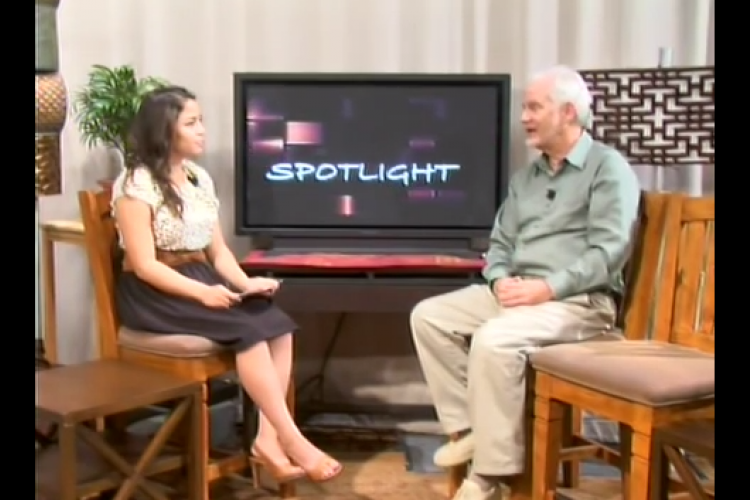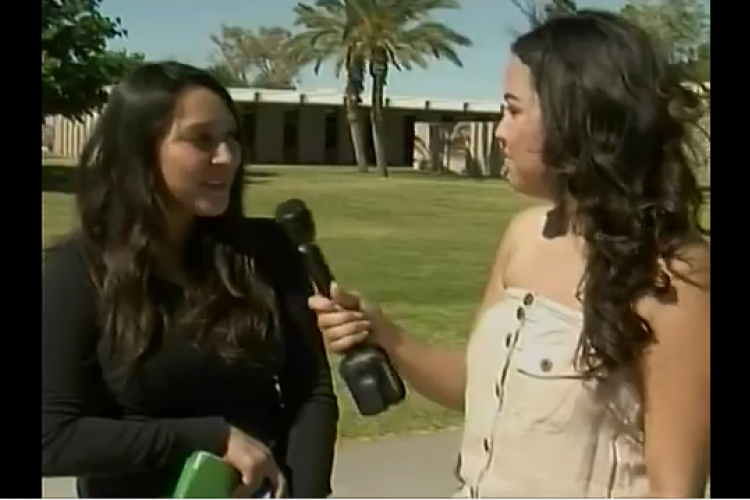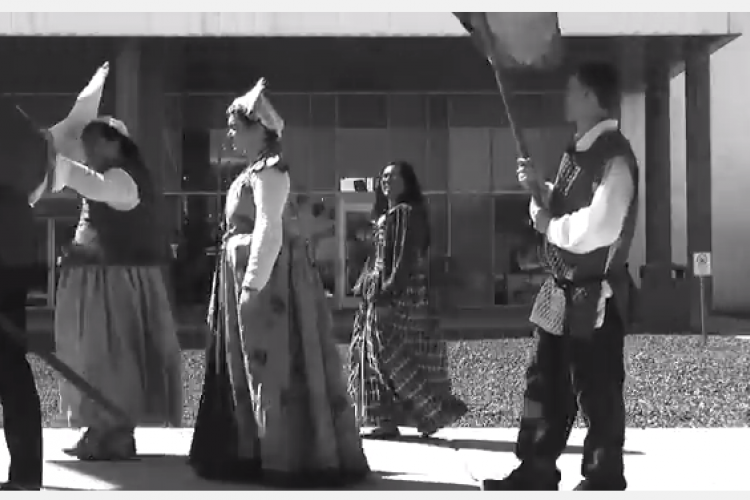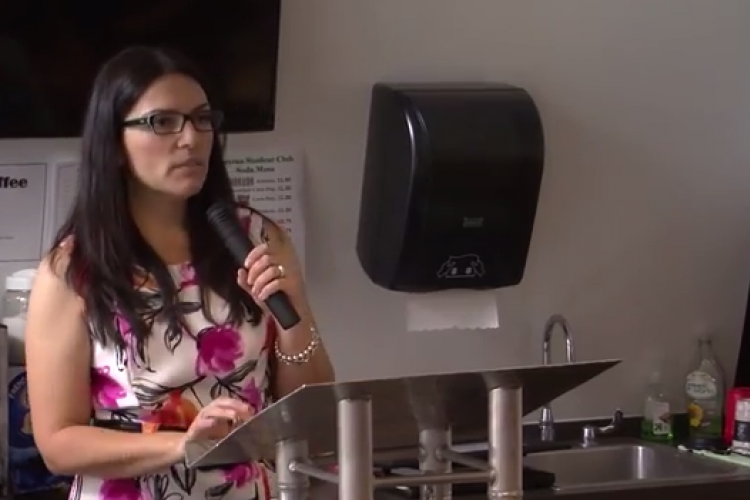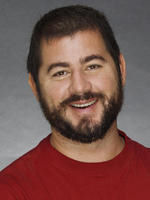
Scott and Lisa McLean adopted their children in Chile in 1996 and travel from Yuma to Chile and back with duel citizenship since he joined AWC in 1999. “We believe it is important for the children to be aware of their birth culture and language, but at the same time grow up like other children in the United States,” Dr. McLean wrote in an email to me.
He travels with his family in Chile for around ten weeks in the spring, teaching here in the summer and fall. “Our children have visited the hospitals they were born in, toured the orphanages, met the nurse that brought them home from the hospital on day 1, and the judges that signed the adoption papers. It has been an important time for them, for all of us,” he went on to write. The McLean’s have friends in Chile that they stay with which helps cut down on the travel expenses.
This year a powerful earthquake gave their children an unexpected education in some of life’s harder knocks. According to Wikipedia precise GPS measurement indicated the telluric movement of the recent Chilean earthquake on February 27, 2010 imoved the entire city of Concepción 3.04 meters (10 ft) to the west. The capital Santiago, experienced a displacement of almost 24 centimeters (10 in) west, and even Buenos Aires, about 1,350 kilometers (840 mi) from Concepción shifted 3.9 centimeters (1.5 in). That is a whole lot of shaking. The cities experiencing the strongest shaking were Arauco and Coronel, Chile. When the earthquake hit the McLean’s were in a cabin on stilts located south of Puerto Montt. “That’s about the equivalent distance between San Francisco and Seattle,” he elaborated. The cabin swung two to three feet in each direction. “It was just like being topside on a ship in rough seas,” he wrote. It subsided and they were left without internet or electricity. They learned the next morning about the tragedy and damage.
Everyone was affected by the earthquake. Universidad San Sebastian, where Dr. McLean teaches in Chile, lost seven faculty members and upper level administrators. Friends in Concepcion informed them later that they didn’t have clean water and loved ones were missing. Families created a community cooking pot and gasoline was rationed. Hoarding was generally discouraged, but men kept 24-hour guard of their homes and businesses. There was a large sense of solidarity and most people kept calm. Things were back to normal within a couple of weeks.
Though some aspects of Chile are third world, the building codes are modern, and most buildings were built to handle the earthquake. Older ones were not. “It wasn’t like Haiti from what I can observe in the media, “he assured us.
The McLean children gained first-hand experience of just how serious a Tsunami warning can be. “They watched how people responded to the lack of supply lines after the earthquake. They saw we were prepared and kept calm.”
We’re happy to have you and your family back safe and sound, Dr. McLean!

